Education in the Netherlands is considered to be of high quality, but negotiating the system can be somewhat confusing. This article looks at the ins and outs of primary schools (basisscholen) and all you need to know before you enrol your child.
My family and I arrived in the Netherlands, shortly after my son turned three and it was a bit of a shock to learn that we had missed the enrolment process for schools. You can forgive my confusion, as we are from New Zealand, where children start school at five (only compulsory from six). We also lived in London, where they all begin together in September, the year they turn four. We would quickly learn that in the Netherlands, things are done a bit differently.
A parent’s guide to Dutch primary education
The formal primary school system offers a wide array of school choices based on religious and pedagogical preferences. When our frantic hunt for a school started, I visited many schools, checked their details and statistics on Alle Cijfers, and became that helicopter mother on social media gleaning inside information from parents with children in the various schools.
In Haarlem, specifically, I was told to breathe and choose a school based on its proximity and its pedagogical approach as there are, and I quote, “no bad schools in Haarlem.” This gave me some solace but also cloaked me in further confusion: what the heck do the different approaches really mean?
Hopefully, what I’ve learnt may help fellow confused parents.
Finding a primary school in the Netherlands: the lottery system
The application process for primary schools differs slightly from one municipality (gemeente) to another. Sometimes, you can register as early as when a child is born. In other cities, it may be from ages two to three.
Your municipality may have different time slots for registration based on the child’s date of birth. The schools where you have a preference will be determined by your zip code. Check with your city, and for more detailed advice, contact Young Expat Services (YES).
Generally, parents receive a letter and school application form from the city council. Parents list a choice of six to eight schools and drop this form off at their first-choice school.
Around 10 days later the parents can expect another letter from the municipality with confirmation of their enrolment, which is often their first choice, but not always. Schools give priority to children who live in close walking proximity or who have an older sibling already attending. This priority system does not include free schools (i.e. vrije/Steiner/Waldorf) nor Islamic religion schools.
The website Scholen op de Kaart is a good starting point to find schools in your area. Some municipalities have a website with more information on their specific process and the voorrang scholen (priority schools) according to your address. For instance, in Amsterdam, Schoolwijzer and in Haarlem, Naar school in Haarlem, are handy tools.
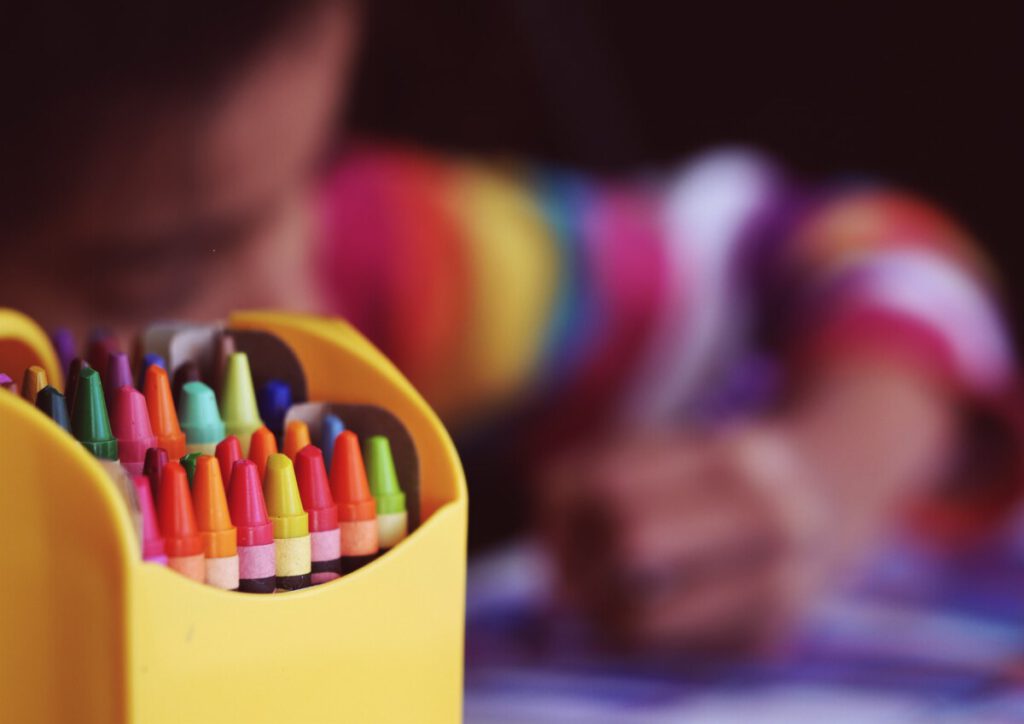
READ MORE | Should I enrol my child in a Dutch school? 6 factors to help you decide (from an expert)
When do children start school in the Netherlands?
In the Netherlands, children start school the day after their fourth birthday, which is not compulsory but a cultural convention. Of course, if your child turns four during the summer holidays, they will start in the new school year. In preparation, these preschoolers attend school at least three or four days before their birthday, spread over a few weeks. This is referred to as wennen (settling in).
Children must attend school, from the ages of 5 to 18 when they are “leerplichtig,” meaning, “of school age”. This can be reduced to 16 years old with a startkwalificatie (basic work qualifications). The Dutch education authorities take this seriously. I recently learned that a parent has the grace of five hours per week to keep their child (under the age of five) home — without illness or permission — as long as they report their absence. As a family, we make use of this loophole, as, after six, there is little chance of playing hooky!
A break down of primary school years in the Netherlands
Primary years are usually from a child’s fourth birthday up until they are 11 or 12.
The onderbouw is the kindergarten or reception years, for Groep 0 to 2 with ages ranging from four or five to six or seven. The children are called kleuters (toddlers), and the focus is on social-emotional development and play-based learning. For the littles ones in Groep 2, a little more structure in preparation for reading and writing are introduced.
Generally, in the new school year after students turn six, most kleuters move onto Groep 3, which is a big adjustment. Formal schooling — learning how to read, write, and do arithmetics — starts. The middenbouw is the collective name for age groups six to ten (Groep 3 to 5) and the bovenbouw houses the big kids and tweens; ranging between ages 8 to 13 (Groep 6 to 8).
The age range in each school year can differ as it depends on when a child started school and whether a child was held back (blijven zitten) as they were not ready for the next year. When a child is kept back, it is done in the best interest of the child. It is not frowned upon or shamed, which I find refreshing.
Most schools have a single year group per class, except for Jenaplan and Montessori schools, who mix two to three age groups per class.
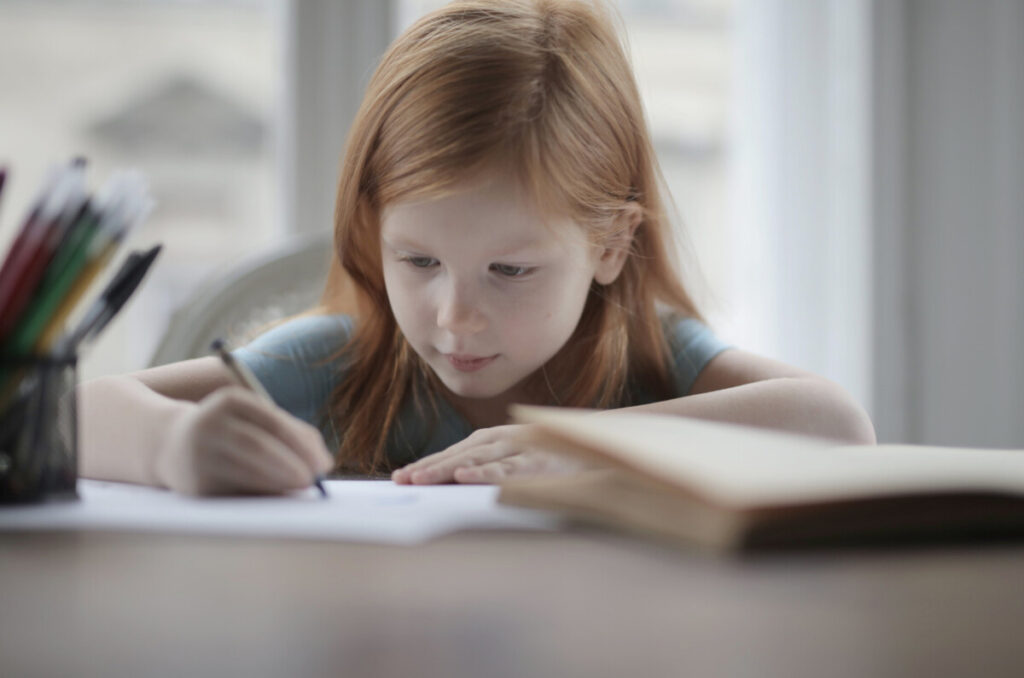
Different types of primary schools in the Netherlands
The most significant distinction between openbare basisscholen (regular schools) and bijzondere basisscholen (special schools) is that special schools are run by their own boards while regular schools are government-run. Both regular and special schools are subsidised by the government.
Most schools do ask for a voluntary parental contribution, which varies between schools. Regular schools are always secular, but special schools can have a religious grounding (confessioneel) or be non-religious (algemeen). Both religious and non-religious schools may follow a particular pedagogical method.
Religious primary schools in the Netherlands
Religious schools vary from strictly following a doctrine to only observing certain holy days. Often, these schools are open to children who do not practice a specific faith as long as they abide by the school’s related ethos and observances. Religious schools can be Christian (Protestant, Catholic, or Ecumenical), Islamic, Jewish, Hindu, and Humanist.
Even though special schools follow a particular educational approach, they still need to shape their schooling within the framework of the overall Dutch education system. For instance, children in their final year (Groep 8) complete a national year-end test, which is an aptitude test used as part of the streaming process to secondary schooling.
The government approved five tests: Centrale Eindtoets (CITA), Route 8, IEP Eindtoets, Dia-eindtoets, and the AMN Eindtoets. This process of streaming and the breakdown of secondary schooling in the Netherlands requires an article of its own.
Dutch primary schools and disability: Speciaal Onderwijs schools
According to the Inclusive School Act (Passend Onderwijs), all children with disabilities or additional learning needs have the right to attend a school in their neighbourhood. It is the school’s responsibility to create a learning environment suited to the child’s needs, which may include hiring an external, specialised SEN teacher.
Unfortunately, schools’ ability and expertise to uphold this policy differ, and when a school feels it does not have the resources or knowledge to fully support a child, they refer the child to a dedicated special needs school. The family will be supported by an SEN consultant (onderwijsconsulent) during this transition. Speciaal Onderwijs schools (special needs) are categorised into four clusters, according to the challenges a child is living with:
- Blind or visually impaired
- Serious communication difficulties
- Physical disability, learning delays and difficulties, and chronic illness which prevents a child from attending school
- Serious mental health or behavioural issues
All the schools I visited emphasised that they are child-centred, utilise play-based learning, and encourage social development, especially in the first two years. They further stated that they encourage and nurture independent and inquiry-based learning and work according to a child’s ability.
Particulier schools refer to fee-paying private Dutch schools. Annual fees range from €13,800 to €19,000.
In addition to the SO schools, there are also speciaal basisonderwijs (SBO) schools available for children who need extra support but less than in an SO school.
International, immersive, and bilingual Dutch primary schools
If you decide to go ahead and enrol your child in school, there are multiple options available to you. Let’s got through them!
International schools in the Netherlands
There are a number of international schools in the Netherlands, which range from fully private (with fees starting from €15,000 per year!) to subsidised international schools (with fees starting around €4,500 per year). The Dutch government is one of only a few in the world that subsidises international schools.
These schools are usually meant for children of internationals who only plan to stay in the Netherlands for a few years. Most international schools follow the International Primary Curriculum (IPC), the International Baccalaureate Primary Years Programme (IB-PYP), or the British Curriculum.
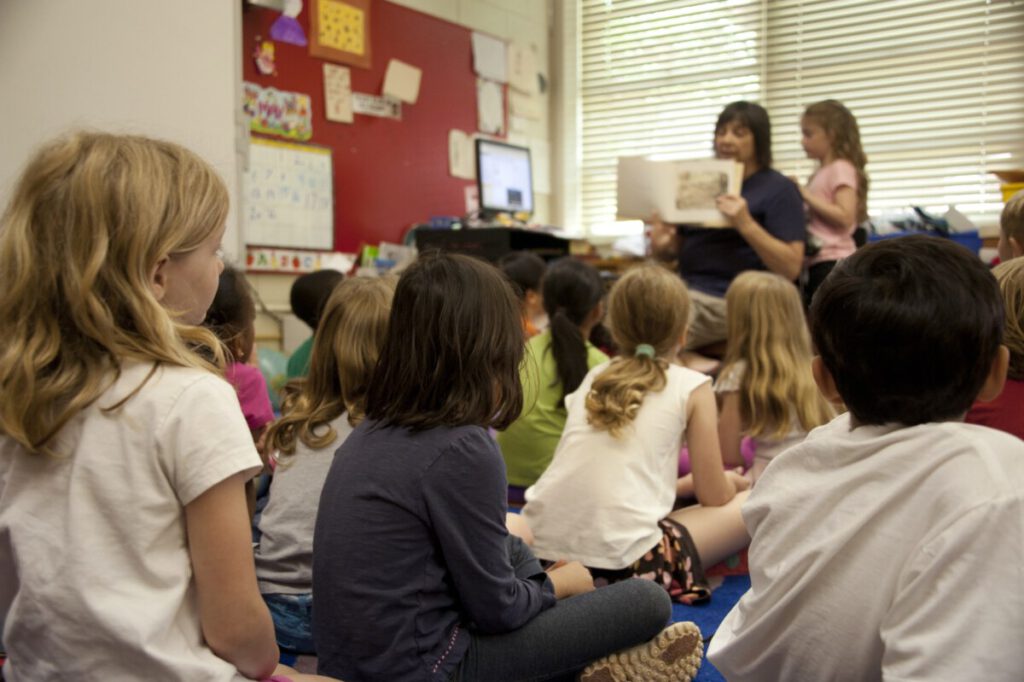
Immersive or “newcomer” schools in the Netherlands
When a child over the age of six (and in some cities, ages four to five) who cannot speak Dutch arrives in the Netherlands, it is a requirement to first attend an immersive or newcomer school. These schools enable children to learn Dutch before assimilating into a normal Dutch school.
The schools follow the Dutch curriculum while helping children to become fluent in the language. Children can attend these schools for up to a year. Many municipalities have such schools, and the organisation LOWAN (Ondersteuning Onderwijs Nieuwecomers) is a great resource to find the closest one to you.
Early Foreign Language Schools (VVTO): bilingual schools in the Netherlands
Dutch schools are required by law to teach English as a subject from Groep 7, at the latest. In Early Foreign Language Schools, or vroeg vreemdetalenonderwijs (VVTOs) as they are called in Dutch, children are taught in a foreign language from Groep 1.
This is becoming increasingly popular in the Netherlands. Currently, there is a nationwide pilot at 17 schools where English is taught earlier (age four), and at least 40% of instruction is in English. Tests and projects are still in Dutch. This pilot will run till 2023 and if successful, may roll out to more schools.
Pedagogical approaches to primary school in the Netherlands
Disclaimer: these are only simplistic descriptions, as I understand them, and would seriously recommend doing more in-depth research into the pedagogical approaches that tickle your fancy.
Dutch Montessori primary schools
The Montessori method, or, “help me to do it myself” method, is based on the research of the Italian physician and educator Maria Montessori. It focuses on self-directed activity, hands-on learning, and cooperative play. A child is given freedom, while guided by the teacher to develop at their own pace. Teaching is based on five elements: practical life, sensorial, mathematics, language, and culture. Classrooms tend to have mixed age groups to nurture mentorship and cooperation.
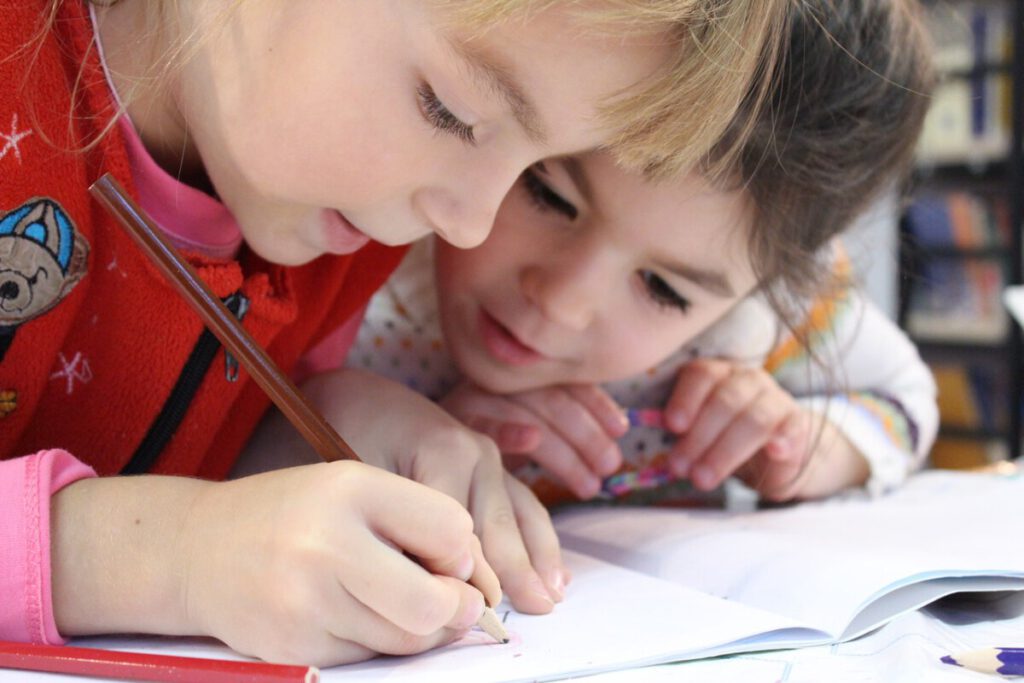
Jenaplan teaching in the Netherlands
The Jenaplan teaching method was founded by the German pedagogue, Peter Petersen. It is based on 20 principles. These principles include the appreciation of a child’s unique identity, viewed holistically and the importance of treating each person with the utmost respect. These schools foster independent learning, cooperation, communal life, and shared responsibility between teachers, children, and parents.
Dalton primary schools in the Netherlands
Dalton schools were developed by Helen Parkhurst (1908) in the United States. The method has broadly two principles: freedom and cooperation. Freedom fosters independent learning and creativity, as it uses the child’s interests as a starting point. Collaboration helps children to develop social skills and responsibility toward others through their interaction.
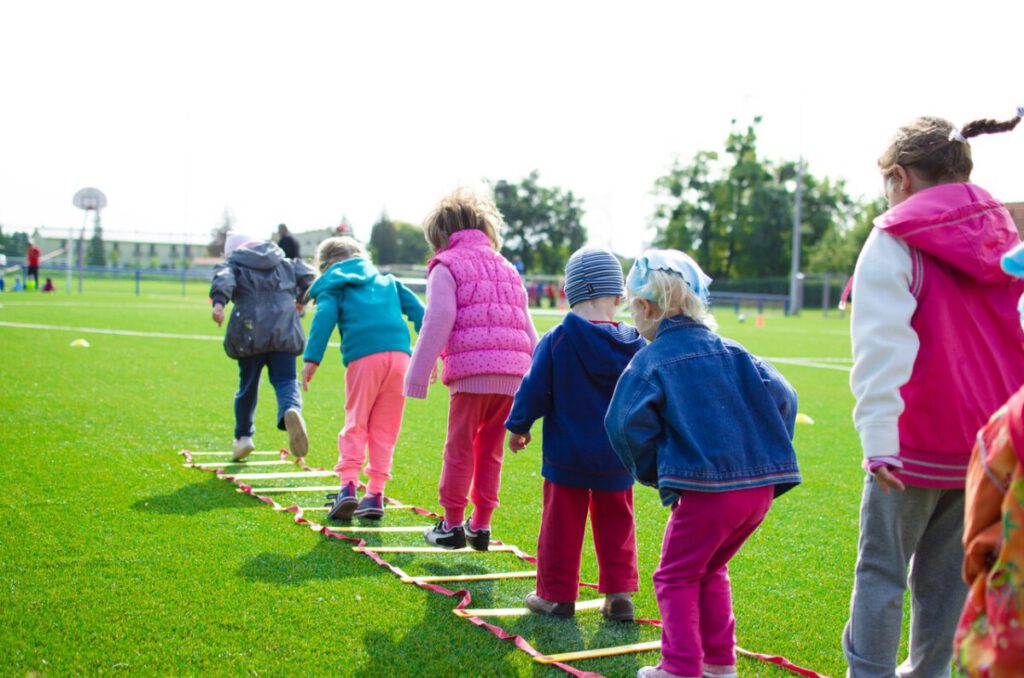
The Freinet school system in the Netherlands
In the Freinet school system, children can choose what they want to learn, as this nurtures their intrinsic motivation to discover. The teacher guides the children to learn and explore concepts experientially, instead of being told how things work. The teacher gives structure and helps the child to deepen their new knowledge. Children cooperate and learn to organise their group, class, and school democratically. The french pedagogue and teacher, Célastine Freinet started this movement in the 1920s. There are seven Freinet school in the Netherlands.
The Vrije/Steiner/Waldorf approach to Dutch primary teaching
Rudolf Steiner, the founder of anthroposophy, also developed this educational method. Waldorf education takes a holistic approach and aims to integrate and develop a child’s intellectual, artistic, and practical skills, regularly involving nature. Nurturing creativity and imagination through art, music, stories, and plays is central in these schools.
Nuts or “utility” schools in the Netherlands
Within this educational framework, values of respect and equality stand central. Its goal is to develop a child into a full member of society based on their unique set of abilities and limitations. It offers a stimulating learning environment, with a focus on innovation in education. Differences between children are acknowledged and respected and cooperation is encouraged.
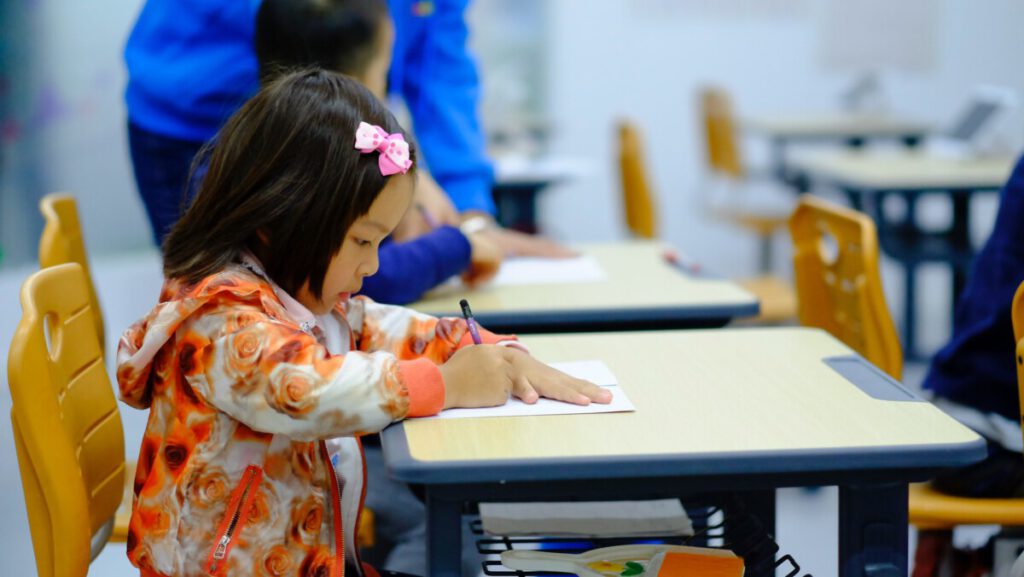
Dutch schooling options that you may not have heard of
The following three types of schools are less known across the Netherlands; I only learnt about them while writing this article: experiential-orientated (ervaringsgericht onderwijs -EGO) and developmental-orientated (ontwikkelingsgericht onderwijs – OGO) are educational philosophies and methods similar to ICP.
I find these both intriguing, along with flexible (flexibele) schools, or basically, year-round schools, which may be on the rise as homeschooling is not a realistic option in the Netherlands.
Proximity to home: a consideration for parents
In the Netherlands, proximity to home often plays a key role in deciding which school to pick. I am fond of the Dutch’s love affair with their agendas (must be my Dutch ancestry); great was my surprise that children do not uphold this way of life. Quickly into starting school, my son invited friends and was invited on impromptu playdates directly after school, so being close to the school is a great benefit.
Also, once they are bigger and it is safe to do so, children love to cycle or walk to school by themselves, and the closer to school, the more parents can relax about their precious bundles proudly displaying their independence.
Homeschooling in the Netherlands: consider before you enrol
One thing I wish I knew before enrolling my child in primary education was that once your child is in the school system, it is next to impossible to homeschool. I was not actively pursuing homeschooling, but after this strange year we call 2020 and the coronavirus pandemic I gave it serious consideration.
Homeschooling is — in most other countries at least — a legitimate educational choice. I find this strict policy on homeschooling archaic and not something I expected from a nation valuing their civil liberties; a country I mostly view as progressive. I am perplexed about why home birthing is encouraged, but homeschooling is not.
Homeschooling in the Netherlands warrants more research and its own article, but suffice to say that if you plan on homeschooling your child, do not register them into the formal education system. Of course, you would still need permission to homeschool, once your child turns five.
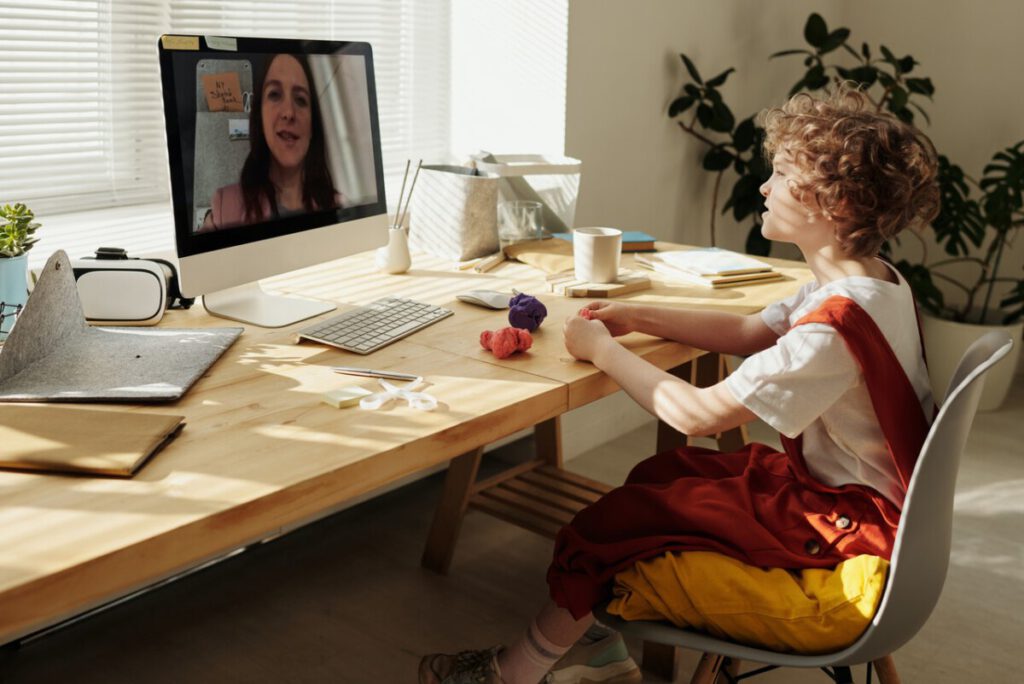
10 Dutch words for primary school parents
Klassenouder
Meaning “class parent”, somehow, I earned this title this year, which amused me, as I am just about the only non-Dutchie parent in the class. I am sure my numerous Dutch faux pas entertain the other parents too. Luckily, I share duties with another Dutch mum. In practice, it means that we relay messages between the teachers and parents and help to organise events, such as outings or school plays.
Studiedag
In New Zealand, I knew this as “teachers-only day”, which means there is no school at all on that day, as the teachers have training. It is usually clearly marked in the school calendar, to give parents time to organise childcare. If you forget, it may lead to an impromptu “bring-your-child-to-work” day. There are a few of these dotted across the school year.
Infobulletin
Meaning “info-bulletin”, this one is essential. Most schools use digital communication system and school calendar, such as Social Schools. Before I figured this out, I felt like the only kid not allowed into the clubhouse, as I repeatedly missed things! At our school, each class also created a parent WhatsApp group, which could be a great resource.
IB’er (Intern begeleider)
An IB’er is an “internal supervisor.” This specially trained staff member helps a teacher to support a child who may be experiencing learning difficulties, adjustment issues, or who is displaying disruptive behaviour. For instance, in our case, the IB’er tested my son’s passive and active Dutch language skills to advise the teachers how to best support his Dutch language development, as a non-Dutchie.
Leerlingvolgsysteem (LVS)
This is the pupil monitor system to identify any learning difficulties (e.g. dyslexia) early on (Groep 2 or 3), and to give the child additional support if needed. The results are also used to evaluate the quality of education at the school.
10-minuten gesprekken
As a parent in the Netherlands, you may be asked for a 10-minute chat or “gesprekken.” No need to fear, these parent-teacher discussions usually happen twice a year, where parents meet the teacher to discuss their child’s progress. My tip is to go in well prepared, as, depending on the teacher, 10 minutes is not an abstract concept.
Leerkarcht-leerling-ouder (LLO) gesprek
Meaning “teacher-student-parent conversation”, these meetings usually start in Groep 4, when children are able to reflect on their development and behaviour at school.
Overblijven (Stay over) or TSO (tussenschoolse opvang)
Generally, primary schools have four full days and one half-day. On the long days, they enjoy a fruit break (kleine hap) around ten o’clock (10-uurtje), and during the school lunch hour (grote hap), children can go home for lunch. If they stay at the school, an external organisation (often staff from the connected BSO or volunteering parents) looks after them while the teachers take their break. This is referred to as overblijven or TSO. Children bring their own packed lunches. Some schools prefer to have a shorter lunch break but finish the school day earlier (i.e. continuerooster)
BSO (After School Care)
Each primary school is required to offer parents after school care options, called buitenschoolse opvang (BSO). Staff will pick children up from school and entertain them at an after school centre, where parents will pick them up. Parents pay for this service but can apply for a childcare allowance (kinderopvangtoeslag) from the tax authority.
Luizenmoeder (lice mother) and Luizenzak or Cape (lice bag)
Ah, yes, headlice! Dutch schools and parents approach this in a very practical way. There is no shaming nor panicking, simply a call out to parents, via the class parent, to either check their children’s hair at home or to organise a luizenpluis session at school, where a few parents volunteer to comb through each child’s hair. I have seen a luizenzak, but only at the BSO. Apparently, children hang their jackets in these bags to prevent the little critters (lice not kids) to spread.
Handy Resources
New2NL — independent education consultant for international families
Young Expat Services (YES) — independent education consultancy and school search
10.000 Scholen — a comparison site for schools
Final Word on the State of Dutch Education
No education system, no matter how innovative or strong, is without problems. The 2020 report by the Inspectorate of Education highlights the issues (for example, the desperate shortage of qualified teachers and the decrease in reading ability) and how the government plans to address these.
Still, according to the most recent PISA report (2018), the Netherlands remain in the top ten OECD countries for quality of education. On top of this, the Netherlands is one of the top countries for raising a happy child!
What do you think of the Dutch primary school system? Let us know in the comments below!
Editor’s Note: This article was originally published in June 2020 and was fully updated in January 2021 for your reading pleasure.
Feature Image: Pixabay/ Pexels.

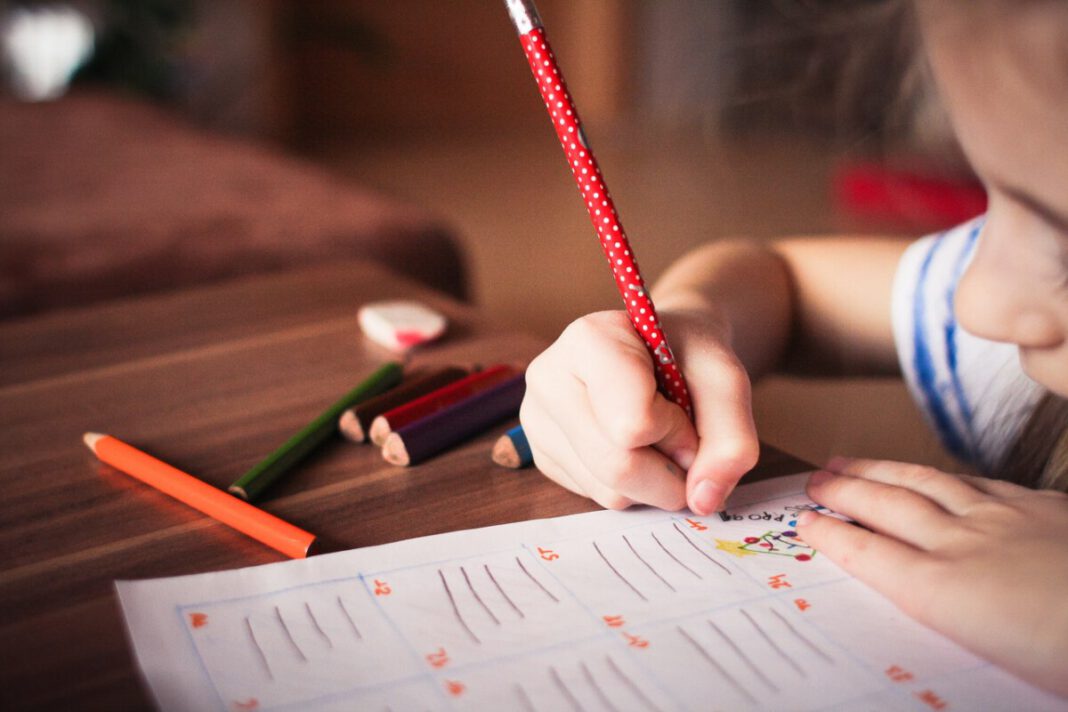

Hello Magdalena and thanks for this wonderful overview of the complex Dutch schooling system with so many options and varieties. I was wondering if by any chance you might know if it is possible to enroll a child in Dutch schools (age 6 or 7), if the child was in an international school (European school) in Belgium before that? If not, do you have any tips who could be contacted to find this out?
Thanks again.
Hi Danijela, thank you for reading this article and I’m glad you found it valuable. Does your child speak any Dutch? If so, it should not be a problem enrolling them into a Dutch school. If however, they do not speak any Dutch and given they will go into ‘Groep 3/4’, they may be required to join a Newcomers Class/Taalklas school, first, for a year. Here they learn Dutch alongside the school curriculum. I would suggest contacting the municipality (gemeente) where you plan to live or even the schools you are looking at for more information.Contacting one of the Newcomers Schools/Taalklas may also be a good idea to chat to them to your specific situation. My son was 4, with little Dutch, but we could enrol him directly into a Dutch school because of his age.
This is a helpful link for Amsterdam:
https://www.amsterdam.nl/en/education/language-help/
This is a link to Newcomerclasses/Taalklas across the country:
https://www.iamsterdam.com/en/living/everyday-essentials/dutch-education-system/primary-school/newcomers-classes-for-primary-school-children
All the best!
Magdalena
Dear Danijela, I forgot to menton, a great education consultant for international families is Annebet van Mameren from New2NL.nl. Definitely worth contacting her organisation.
Dear Magdalena,
Thanks for such for the article. Very informative. My query is for my son (born August 31, 2016). We plan to move to Rotterdam in 2022. Currently we are in Bahrain and he is in a school following Indian Curriculum. He studies in class HKG (one level below 1). He studies English, Math, Environmental studies and Hindi. In addition, he also does Phonics classes where he learns how to recognize the sound of words and write the spellings as well. We want to put him in an International School in Rotterdam. Again, the school should not be very expensive. I checked a few schools and their annual fees is beyond 15K Euro. This is too much. Could you please throw some lights on school with an annual fees less than Euro 10K. Also, do International School teach Dutch as we want him to learn the local language as well. Alternatively, if we put him to a Dutch School, will they teach him English or no? Is there a particular time of the year when new admissions are taken or they can be admitted any time of the year as we need to plan the move accordingly. He can read and write A-Z capital & small, 3-7 letter words, sentences, one to hundred, days of the week, body parts etc. In Math, he can write one to hundred and can also do simple addition and subtraction. Please take time to reply to my query. Thank you, Atul
Dear Atul,
I am glad you found the article useful. I am not an education expert and can only speak from my own experience as an international parent. Firstly, international schools can be pricey, but some receive more government funding, making them more affordable for international families. Unfortunately, I do not have detailed insight into the school fees of international schools in Rotterdam. Here is a more detailed article focusing on https://dutchreview.com/expat/education/international-schools-in-the-netherlands/ which may answer your questions better. Your child will learn Dutch in an international school, but it is never as immersive as it would be in a Dutch school.
To give your child some exposure to Dutch before you arrive, this is a good site http://www.schooltv.nl – where you can search for age-appropriate material and there is a slight link to the school curriculum. Another app often used by schools is Squla, which you can download via your app store.
If you are looking at a Dutch school, first decide where you will live in Rotterdam and then look at schools in the vicinity and the pedagogical approach you prefer. Check with the Rotterdam municipality what time of year they send out the school registration forms and ask to be sent one. As your child will already be 6 when you arrive in the Netherlands (that’s around the time when they either finish Group 2 (toddlers) or when they start Group 3 (more formal schooling), he may need to attend a newcomer school first. The school year run from Sept – Jul. As per the article, he may remain at the newcomer school for up to a year to learn Dutch while following the curriculum, and after this year he will join his age group in the school he is registered. They do teach children English in Dutch schools, but it differs from one school to the next which year they start. I would recommend also contacting your preferred schools to find out about this and how they accommodate international children. Rotterdam Expat Centre may also able to guide you with your decision https://rotterdamexpatcentre.nl/expats/education-childcare/public-schools/
Also, join the Dutch Review FB group, and there may be a Rotterdam Expat or Parents group, which could be great sources of information. Another education-specific group, which I’ve always found knowledgeable and helpful is the https://www.facebook.com/groups/dutcheducationgroup/
Good luck and all the best with your move in 2022.
met vriendelijke groet!
Magdalena
Dear Atul, I forgot to mention. A great education consultant for international families is Annebet van Mameren from New2NL.nl. Definitely worth contacting her organisation.
Thank you very much. It was really helpful
Thank you Uliana
Hi Magdalena,
We currently live in South Africa. I am relocating to NL in March 2023. Since the South African school year is Jan – Nov and the NL school year is Sept – Jul – When is the best time for my wife to follow and to integrate our children (12 & 14) in a Dutch school?
Option1: At the beginning of the Dutch school year in Sept
Option2: At the end of their South African school year?
Thanks for a GR8 post and for your advice (in advance)
CJ
Thanks for the great article! It is very useful.
Now I am in search of the info in English about the rights and responsibilities of a teacher and parents in a basic school (basisonderwijs). If you know where I can find this, I would be very greatful.
The thing is that a new teacher in our school seems to allow too much to herself. Ignoring our asks connected to the healty of our child, she is doing intentionally opposite things; communicating in a rude way in schoolchats, etc. I believe that what parents say is a priority and teachers must cooperate, but it is good to find something about in the law to which we could apply.
Have a nice day. Thank you one more time.
Hi Magdalena,
The link: ‘10.000 Scholen — a comparison site for schools’ does not work, it seems the website is offline. I do have another perfect comparisation website: schoolregister.nl
Maybe you can change the link and referral website?
Thanks!